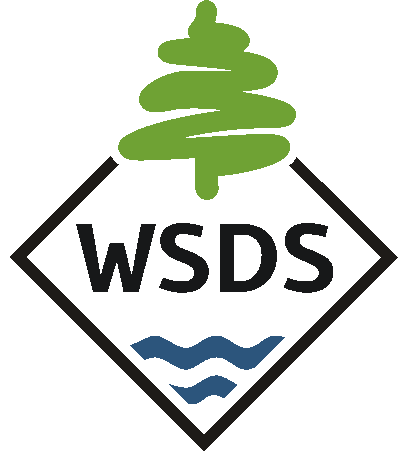All birth-to-three year olds with developmental delays or with identified disabilities—including sensory disabilities such as vision impairment or hearing loss—are entitled to individualized, quality early intervention services.
For more information about the federal Individuals with Disabilities Education Act (IDEA), Part C, and how to find contacts within Washington State, visit the Department of Children, Youth & Families (DCYF) website – click this link to Early Support for Infants and Toddlers (ESIT)
Specialized services designed for children with sensory disabilities might be accessed via several different routes. For example:
- A hearing loss might be identified through newborn hearing screening, and the family quickly linked to specialty services designed for babies who are deaf/hard of hearing.
- An infant’s visual impairment might be identified in a well-baby check, and the family quickly linked to specialty services designed for babies who are blind/visually impaired.
In other situations, a child’s developmental delays might be identified as a result of a family’s concerns about his or her early growth and development. The family might already be enrolled in early intervention services before the possibility of a hearing loss or visual impairment is recognized and the child referred for diagnosis. In these situations, specialty services need to be added to the Individualized Family Services Plan (IFSP).
This scenario is often true for children with multiple medical issues and developmental challenges. These infants and toddlers are at high risk for both hearing loss and visual impairment, but they can be challenging to confirm.
WSDS can help assure that a child is screened for hearing loss and visual impairment either before or after enrollment in Part C, and referred appropriately for diagnosis. Once a child’s sensory disability is identified, WSDS can help assure that the family and service providers access specialty services.
Contact WSDS for help with screening for sensory disabilities, or to chat with someone about your concerns regarding a specific child.
For concerns about vision. . .
DeEtte Snyder, Outreach Director Birth – 3 Services, Blind and Visually Impaired
360-947-3305 or DeEtte.Snyder@wssb.wa.gov
WA State School for the Blind (WSSB), B-3 Services
For concerns about hearing. . .
Kris Ching, Outreach Director Birth to 5
360-418-4292 (voice) or 360-334-5792 (video phone), kris.ching@cdhl.wa.gov
For concerns about a child with multiple challenges. . .
Katie Humes, Director, Washington State Services for Children with Deaf-Blindness
425-917-7828 (voice) or 800-572-7000 (voice), khumes@psesd.org
ESIT Practice Guide for Infants and Toddlers with Sensory Disabilities
This Practice Guide is designed to:
» Provide general statewide guidance
» Provide guidance to Local Lead Agencies (LLAs) and Family Resources Coordinators (FRCs), and
» Support statewide systems
…around the topic of early supports for infants/toddlers with sensory disabilities.

